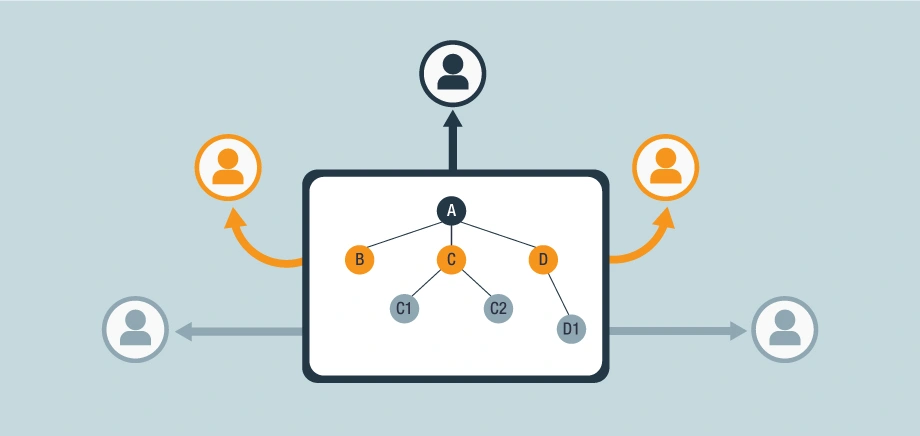How Lessons From Your Past Can Shape A Successful Future
Over the past while in this blog, I’ve been telling stories from my life that have made an indelible impression on me because of the important lesson I sensed was at the heart of each one.
People have asked not only how I can remember the stories so many decades later, but how I remember them in so much detail that they can imagine themselves being there.
The “hidden gem” of specific over general.
For me, it’s easy to remember these “lesson learned” experiences because I’ve always thought about my life in terms of intense learning experiences. I retain the vividness of these situations no matter how far back they were in my past. The moment I start thinking about them, I’m back in them.
These stories define me and my life, and when captured in a narrative in specific detail, they set me apart in people’s minds in a way that a more general narrative never could.
As an entrepreneur, this ability to stand out from the crowd has proved incredibly valuable.
Why people love stories.
Human beings love stories. I think the reason is that long before humans could communicate by writing — and before all the technological means to communicate we now have — they passed on important life lessons by telling stories.
Think of the great religious books across many different faiths. Each story has important lessons that could guide a human being in how to approach countless different situations in life in a positive way, helping people to grow in ways that contribute to a strong and healthy society.
The same can be said of our own stories and the lessons learned from them: If we pay close attention to these lessons, they can become a strong foundation for personal growth and a successful life.
I believe that a fundamental part of our brains is actually wired to respond to stories. In the early days of civilization, knowing the right story with the right lesson could mean the difference between life and death. My feeling is that the main way that we like to learn about life is through stories.
At its essence, what is branding?
As an entrepreneur, you’re always working on branding yourself, differentiating yourself in the marketplace. Yet, it’s my experience over years of conversations with thousands of entrepreneurs that many tend to talk about their business as if it’s just like everyone else’s.
They impart a general narrative about their business, likely founded on industry expectations, yet every entrepreneur has their own series of highly specific — in fact, unique — stories that they can tell about their business, stories where the lessons learned were crucial and have actually led to their current success.
Your stories could immediately differentiate you, brand you, but if you don’t appreciate them and give them their worth, you’re just part of the general narrative of your industry.
A life of very specific stories can be game changing.
When I look at this concept of specific versus general narratives, it occurs to me that if I’m experiencing my whole life intensely — that is, I can look back, and in a matter of seconds, fully recall an experience from 60 years ago — then my past doesn’t seem that far away.
I have a sense of immediacy about my experiences. I’ve lived a very specific life that is described in my stories. Most important, no one else could tell these stories but me.
If you think of the industry or field you’re in, the general narrative is what everyone told you to expect when you first started out.
Once you were in the industry, though, you noticed that it wasn’t like that for you. You had specific capabilities that other people didn’t have. You had specific prospects, clients, and opportunities — and specific team members you brought on board.
This is what we call a game changer — an entrepreneur who creates something that allows them to differentiate themselves, to actually do things differently in their industry. These are the ones who never bought into the general narrative about how their industry was supposed to be.
Taking your own stories of success, failure, and transformation seriously, learning the lessons from them, and then telling your specific story, you can create an entirely new game for yourself.
The key piece of the puzzle.
A lot of people appreciate other people’s stories but don’t appreciate their own.
The thing is, though, before a person can extract the lesson from their own stories, they have to learn to appreciate them — and I mean really understand and credit the importance of certain life experiences they’re having or have had.
I believe that one of the greatest advantages I’ve had, even as far back as childhood, is that I’ve taken my own experience, my stories, seriously.
Here’s my advice. Ask yourself what your specific experience is. What’s the specific lesson learned from this experience? And what’s your specific-to-you story you can tell that will set you apart from everyone else?
Do this, and you won’t have to worry about your branding. The power will be in your specific narratives.
What’s the first lesson you want to start developing into your own specific, unique story?







